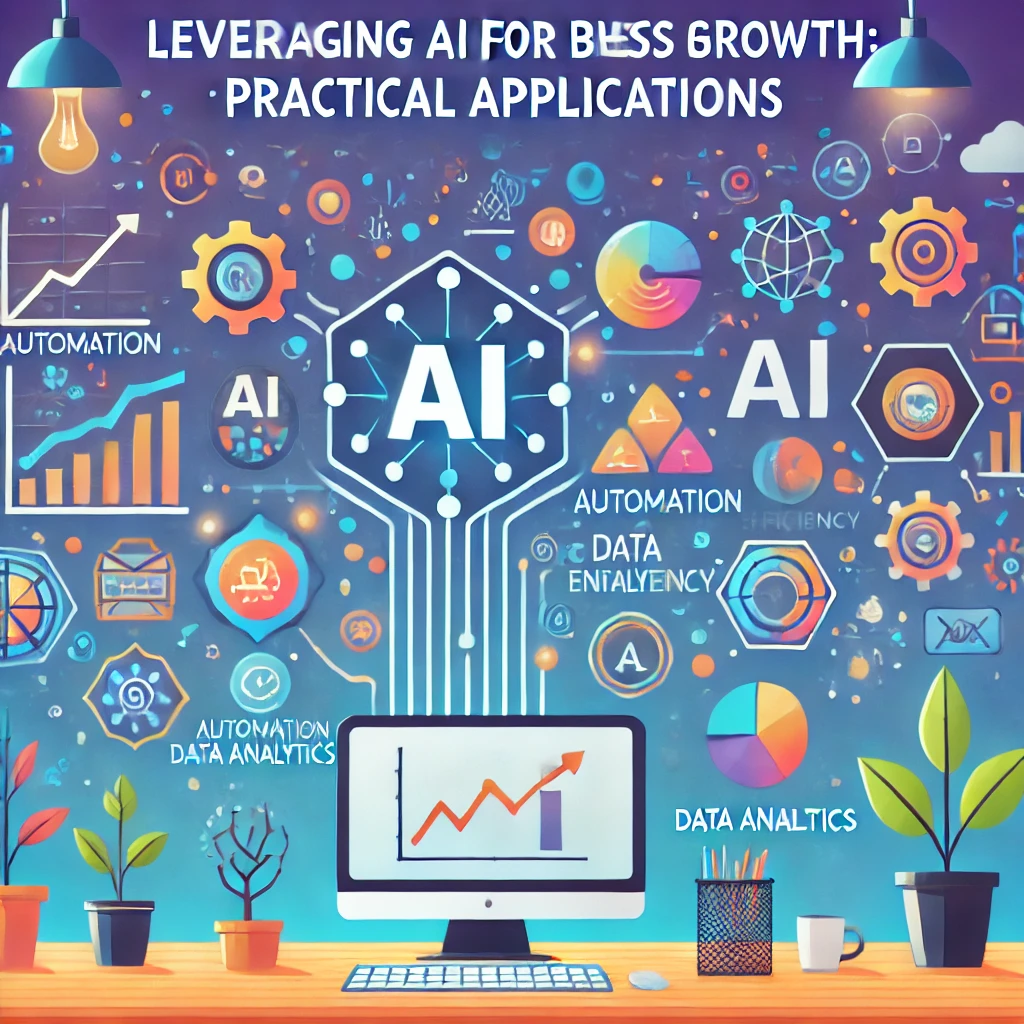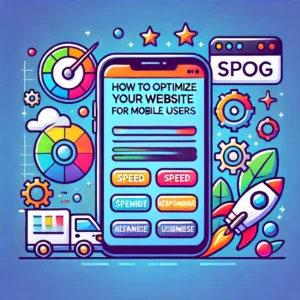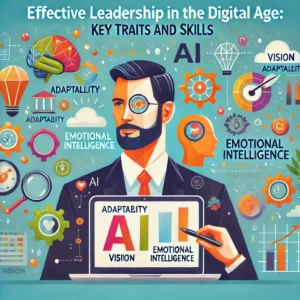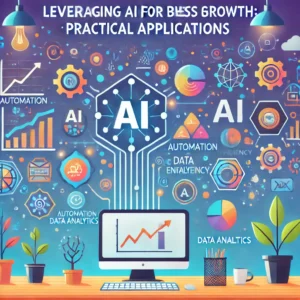Artificial Intelligence (AI) has become a pivotal force in driving business growth across various industries. Its ability to process large amounts of data, automate tasks, and provide predictive insights offers businesses numerous opportunities to enhance efficiency, improve decision-making, and create competitive advantages. Here are some practical applications of AI that can significantly contribute to business growth.
1. Enhancing Customer Service with Chatbots
AI-powered chatbots are revolutionizing customer service by providing instant, 24/7 support. These chatbots can handle a wide range of customer inquiries, from answering frequently asked questions to assisting with product purchases. By automating customer interactions, businesses can reduce response times, improve customer satisfaction, and free up human agents to handle more complex issues.
2. Personalizing Marketing Campaigns
AI enables businesses to create highly personalized marketing campaigns by analyzing customer data and behavior. Machine learning algorithms can segment customers based on their preferences, purchase history, and online behavior. This allows businesses to deliver targeted content, product recommendations, and promotional offers that resonate with individual customers, leading to higher engagement and conversion rates.
3. Optimizing Supply Chain Management
AI can optimize supply chain operations by predicting demand, managing inventory levels, and identifying potential disruptions. Predictive analytics can forecast sales trends and seasonal demand, helping businesses maintain optimal inventory levels. AI can also analyze logistics data to find the most efficient routes and reduce shipping costs, ultimately improving overall supply chain efficiency.
4. Enhancing Product Development
AI can accelerate product development by analyzing market trends, customer feedback, and competitor products. Natural language processing (NLP) can sift through vast amounts of text data to identify emerging trends and customer preferences. This enables businesses to develop products that meet market demands and stay ahead of competitors. Additionally, AI can assist in prototyping and testing, reducing the time and cost associated with product development.
5. Automating Administrative Tasks
AI can automate a variety of administrative tasks, such as data entry, scheduling, and document management. Robotic Process Automation (RPA) tools can handle repetitive tasks with high accuracy, freeing up employees to focus on more strategic activities. By reducing the burden of administrative work, businesses can improve productivity and operational efficiency.
6. Enhancing Decision-Making with Predictive Analytics
Predictive analytics uses AI to analyze historical data and predict future outcomes. Businesses can leverage predictive analytics to make informed decisions about marketing strategies, financial planning, and resource allocation. For example, AI can predict customer churn, allowing businesses to implement retention strategies proactively. Similarly, predictive analytics can identify sales opportunities and forecast revenue growth.
7. Improving Cybersecurity
AI plays a crucial role in enhancing cybersecurity by detecting and responding to threats in real time. Machine learning algorithms can analyze network traffic patterns and identify anomalies that may indicate a cyberattack. AI-powered security systems can also automate threat detection and response, minimizing the impact of security breaches. By improving cybersecurity, businesses can protect their sensitive data and maintain customer trust.
8. Enhancing Human Resources Processes
AI can streamline human resources processes, from recruitment to employee management. AI-powered recruitment tools can analyze resumes, conduct initial screenings, and identify the best candidates for a role. Additionally, AI can monitor employee performance, provide personalized training recommendations, and predict employee turnover. By optimizing HR processes, businesses can improve talent acquisition and employee retention.
9. Boosting Sales with AI-Driven Insights
AI can provide valuable insights to boost sales performance. Sales teams can use AI-powered CRM systems to analyze customer interactions, identify high-potential leads, and predict sales outcomes. AI can also suggest the best times to contact prospects and recommend personalized sales pitches. These insights enable sales teams to work more efficiently and close deals faster.
10. Facilitating Financial Planning and Analysis
AI can enhance financial planning and analysis by automating data collection and providing real-time insights. Machine learning algorithms can analyze financial data to identify trends, forecast revenue, and optimize budgeting. AI-powered financial tools can also detect anomalies and provide early warnings of potential issues. By improving financial planning, businesses can make better strategic decisions and ensure long-term growth.
Conclusion
Leveraging AI for business growth involves integrating AI technologies into various aspects of operations, from customer service and marketing to supply chain management and financial planning. By harnessing the power of AI, businesses can enhance efficiency, improve decision-making, and create competitive advantages. Embracing AI applications not only drives immediate growth but also positions businesses for sustained success in an increasingly digital world.







